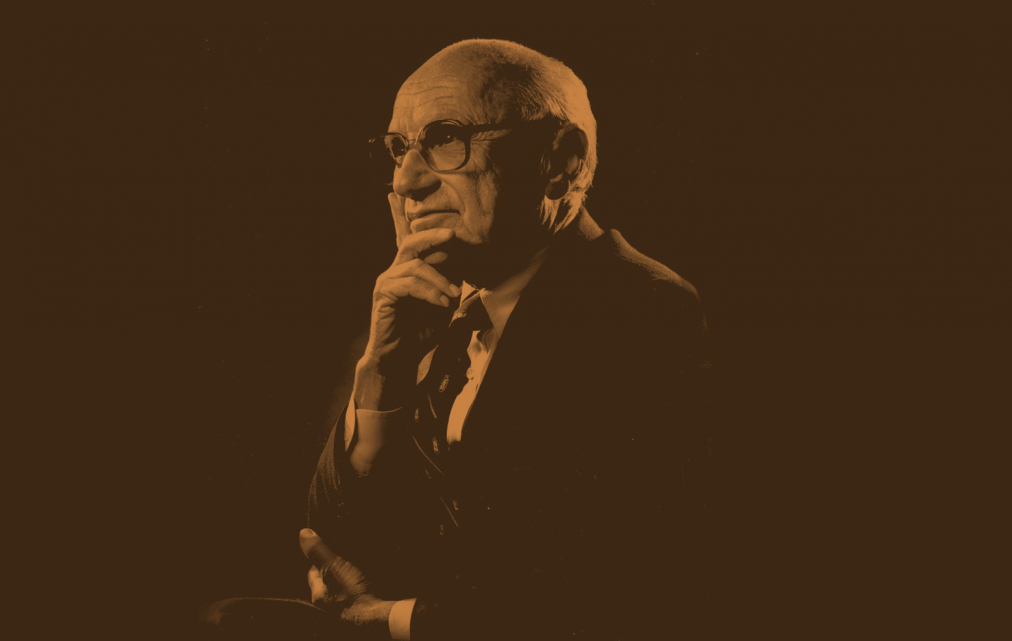Ethical Custom: A Conservative’s Case for Purpose-Driven Business?

If the entire passage is taken into account, Friedman says that stakeholders matter, just as shareholders do. The concept of ethical custom releases us from individualistic views of society and opens the door to a more interdependent view.
Ernesto Dal Bó and Richard Lyons are faculty members at Haas Berkeley, who have studied the meaning of the caveats at the end of Friedman’s quote and offer another interpretation.
Businesses do not operate siloed from society—they are as integral to the health of the community as any other organization or group.
A thriving economy is essential to a healthy society, but the two are not synonymous. How might business cultivate well-being for all, while also protecting and preserving individual freedoms? What is truly the role of business in society—and what should be its legal and customary limits?
